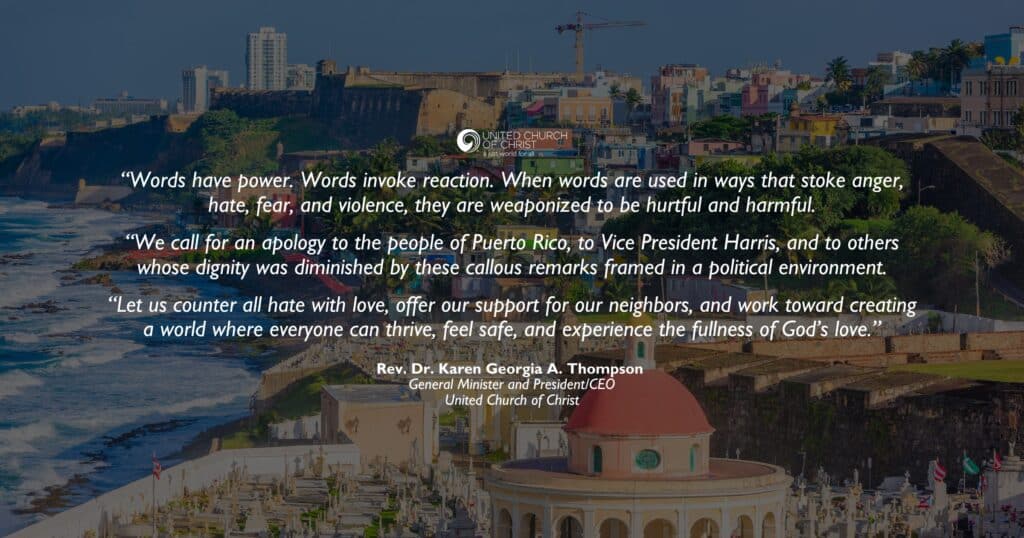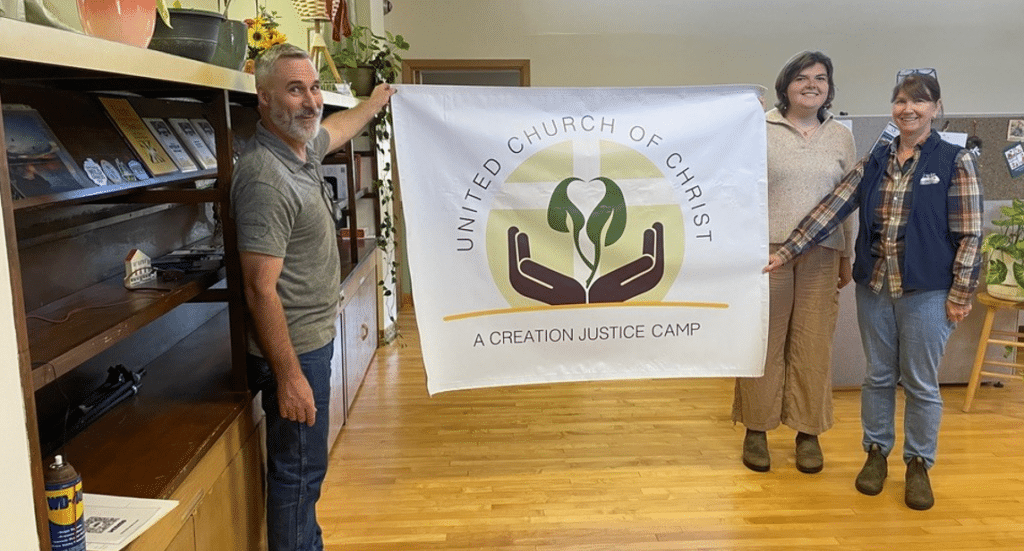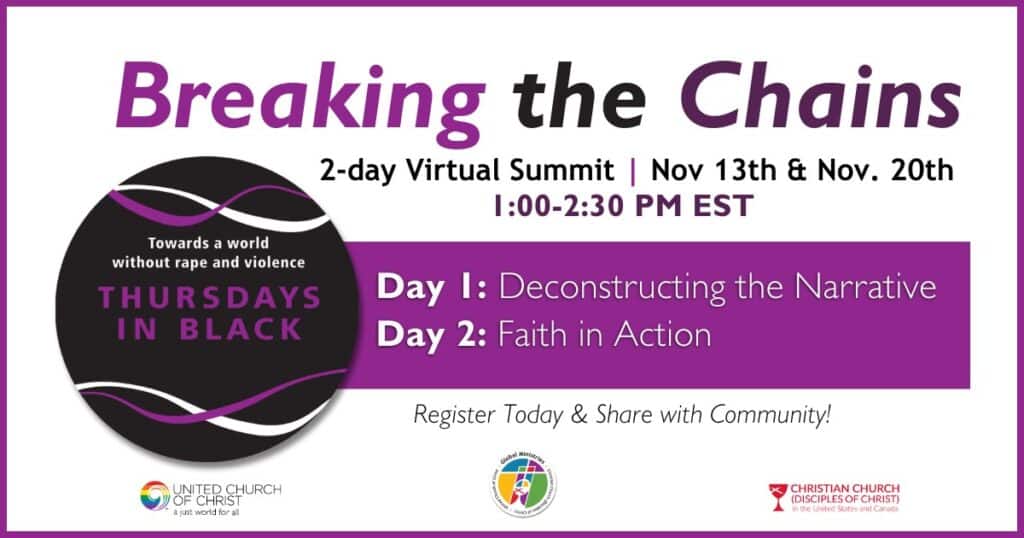Commentary: Solidarity With Peoples Struggling Against Racism
 The United Nations Week of Solidarity with the Peoples Struggling against Racism and Racial Discrimination begins with the International Day for the Elimination of Racial Discrimination on March 21 every year. In a message that marks the observance this year, the U.N. General Secretary Ban Ki-moon highlights the theme “Learning from historical tragedies to combat racial discrimination today,” which aims to explore the root causes of racism and racial discrimination and will stress the essential need to learn the lessons history has provided in order to combat racism and racial discrimination today.
The United Nations Week of Solidarity with the Peoples Struggling against Racism and Racial Discrimination begins with the International Day for the Elimination of Racial Discrimination on March 21 every year. In a message that marks the observance this year, the U.N. General Secretary Ban Ki-moon highlights the theme “Learning from historical tragedies to combat racial discrimination today,” which aims to explore the root causes of racism and racial discrimination and will stress the essential need to learn the lessons history has provided in order to combat racism and racial discrimination today.
This year marks the 50th anniversary of the International Convention on the Elimination of All Forms of Racial Discrimination—one of the treaties against racism that the United States has ratified and is subjected to review for compliance. For the past half century, there has been progress in the fight against racism—the end of colonialism, the dismantling of apartheid and the rise of a global movement for equality. As the Convention says, “Yet, as history and current events attest, racial discrimination still presents a clear danger to people and communities in all regions.”
The decade 2015-2024 has been proclaimed by the U.N. General Assembly to be the International Decade for People of African Descent: Recognition, Justice, and Development, acknowledging that with regard to the access to justice, people of African descent “face alarmingly high rates of police violence and racial profiling.” In a message reminding us that more needs to be done to ensure fairness in justice and law enforcement systems, and to promote and uphold the human rights of people of African descent everywhere, the U.N. General Secretary emphasized that “[w]e must never forget that human rights are for everyone, every minute of every day, 365 days a year, without distinction of any kind – wherever we live, whoever we are, irrespective of our opinions, ethnic origin, skin colour, sexual orientation, or any other status.”
The various manners in which the international community—such as the United Nations—approaches racism is neither individualistic nor ahistorical, which may be the way that many of us initially understand racism – personal prejudices, explicit hatred and intentional injury. As a consequence, the remedy has been focused on finding and punishing the “few bad apples,” so that the systemic racist structures that provide conditions for such behavior to happen can remain untouched. Following the same logic, someone who seeks to be more than fair-minded may, with good intention, think that donning a hijab or darkening their skin for a week can help them to better “feel” racism; but does not necessarily seek the historical depth of the collective injury which is transmitted across generations.
If we are serious about addressing racism in a sustaining manner, rather than in an entertaining way, then we cannot just adopt it as a personal project or an elective hobby. Rather, it must be a way of life, with whatever privilege and humility we have, to journey together with others, and to act to produce conditions that will allow for the fullness of life for those who have suffered racism’s destructive impact.
Elizabeth Leung is Minister for Racial Justice.
View this and other columns on the UCC’s Witness for Justice page.
Donate to support Justice and Witness Ministries.
Click here to download the bulletin insert.
Related News
GMP releases call to denounce offensive, racist comments about Puerto Rico at Trump rally
In the week leading up to Election Day, the United Church of Christ General Minister and...
Read MoreCamp Fowler first to be designated as UCC Creation Justice camp
Being in nature brings many people closer to God, and the United Church of Christ Outdoor...
Read MoreThursdays in Black: A two-day virtual summit in November
The United Church of Christ Gender & Sexuality Justice Ministries is hosting a two-day...
Read More

